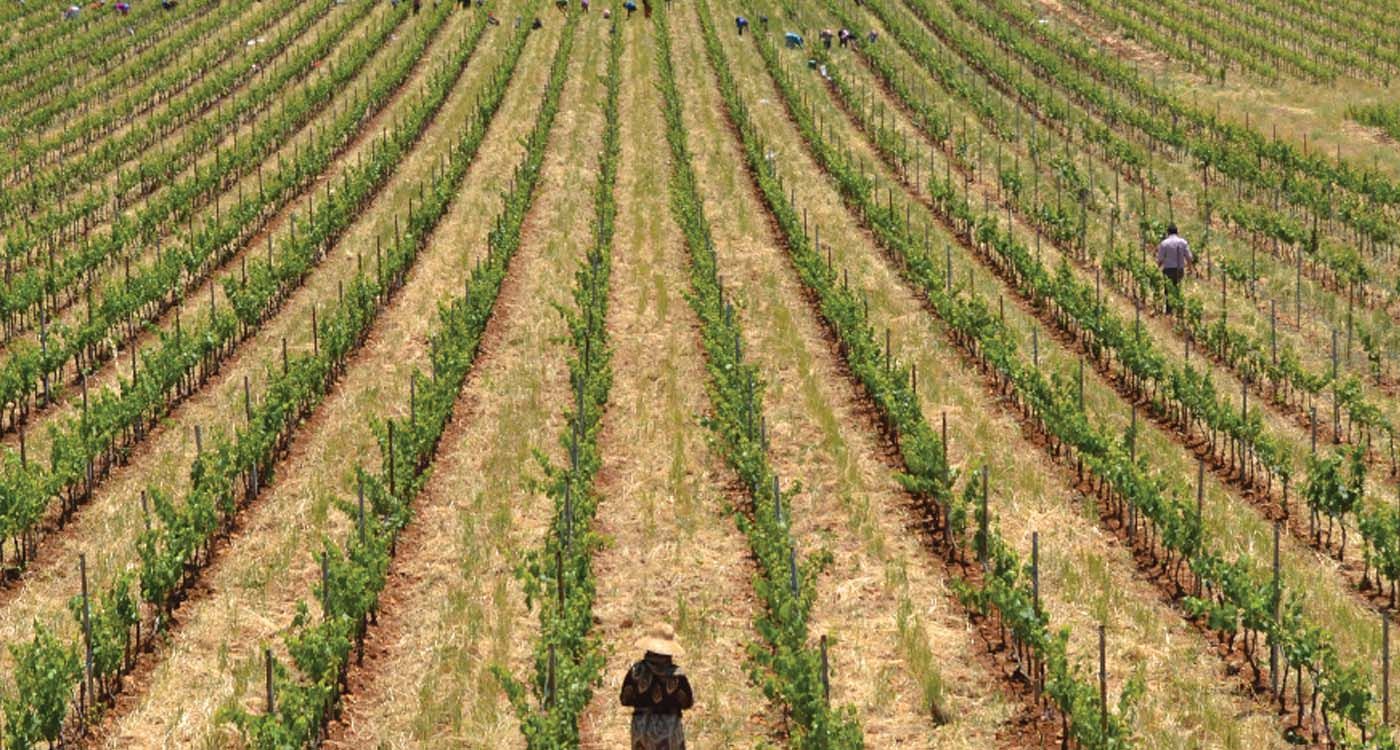
Syria, cradle of ancient civilizations, is also a land where the traditions of distillation and winemaking have been preserved through the ages. Syrian arak and wine are more than just beverages. They represent a culture, a centuries-old craft, and a resilience that persists in the face of today’s challenges.
Syria, long recognized as the birthplace of distillation and fermentation, is a land where arak and wine embody the essence of the terroir, the resilience of its people, and the vibrancy of its local communities. The Alawite and Christian populations play a vital role in sustaining this heritage, actively shaping the production of both arak and wine. In regions like Deir Mama, the Alawites are renowned for their mastery in crafting arak, while Christian communities in Homs are actively involved in both arak production and the management of wine cellars. Despite the hardships brought on by war and economic sanctions, these groups have preserved and handed down their ancestral techniques through successive generations.
Before the war broke out in 2011, arak production was dominated by two major companies: Al-Rayan, based in Sweida in the Druze region, and Al-Mimas, located near Homs in a predominantly Christian area. Together, they controlled about 85% of the Syrian arak market, according to economic data cited by The New Arab. However, the conflict triggered a sharp drop in production, leading to a surge in low-quality counterfeits made with pure alcohol and anise substitutes.
While precise data is hard to come by, estimates suggest that around thirty arak production facilities operate in Syria, mainly concentrated in the Sweida and Homs regions. Before the conflict, the combined annual output of the two leading producers reached several million liters. Although production has since declined sharply, initiatives are underway to revive and breathe new life into this traditional industry.
Syrian Wine: A Revival Takes Root
Viticulture in Syria dates back over 8,000 years, as evidenced by the discovery of a grape press near Damascus. Today, however, modern wine production is largely dominated by Domaine de Bargylus, located in the coastal mountains near Latakia. The estate sits in a region historically known as Mount Bargylus, a terroir famed for its wines as far back as the Hellenistic and Roman eras, well before the rise of Islam.
Today, Domaine de Bargylus stands as the only privately operated vineyard still active in Syria. In 2003, the Saadeh family, originally from Latakia, planted their first vines on this land steeped in history. Their inaugural vintage was released in 2006. Despite repeated shelling that struck the vineyards, production has continued—a testament to remarkable resilience.
Domaine de Bargylus quickly gained recognition on the international wine scene. Renowned wine critic Jancis Robinson even described it as “arguably the finest wine of the Eastern Mediterranean.” The estate produces around 45,000 bottles a year, mainly red wines made from grape varieties such as Cabernet Sauvignon, Syrah, and Merlot. Notably, the Saadeh family also owns Château Marsyas, located in Lebanon’s Bekaa Valley.
In 2022, Syria exported approximately 42,140 kilograms of wine, valued at $229,000, compared to 26,520 kilograms worth $181,000 in 2021, according to data from the United Nations Food and Agriculture Organization’s FAOSTAT database. While these figures primarily reflect wine exports, they also indicate a broader trend of recovery in Syria’s alcoholic beverage exports.
This increase in exports signals a steady revival of Syria’s wine industry, despite the numerous ongoing challenges.
Impact of Sanctions Relief on Export Activity
The recent lifting of US sanctions on Syria creates new opportunities for Syrian exports, including arak and wine. While progress will be gradual and complex, this change could improve Syrian producers’ access to international markets, increase production, and raise the quality of exported goods.
Despite ongoing challenges, Syria continues to produce beverages that reflect its history, culture, and resilience.
Social and Political Challenges
Despite this revival, tensions remain. Protests have taken place in Syria, particularly in Christian districts of Damascus, calling for the closure of bars serving alcohol. These public outcries underscore the social and political challenges confronting the country’s alcohol and distillation industries, even as efforts to revive these sectors press on.
Syria stands at a crossroads, caught between preserving its cultural heritage of arak and wine and confronting social and political pressures that may ultimately reshape the future of these enduring traditions.

Comments